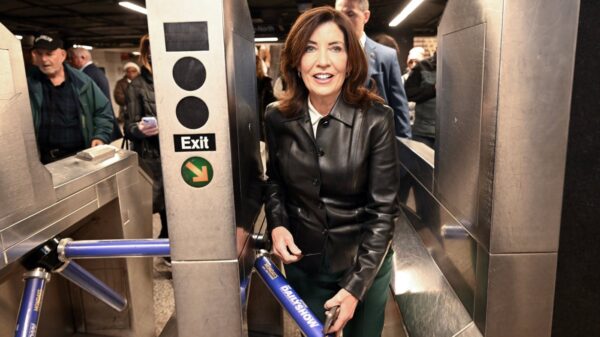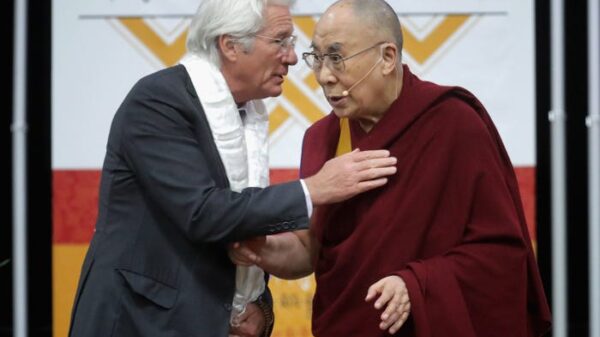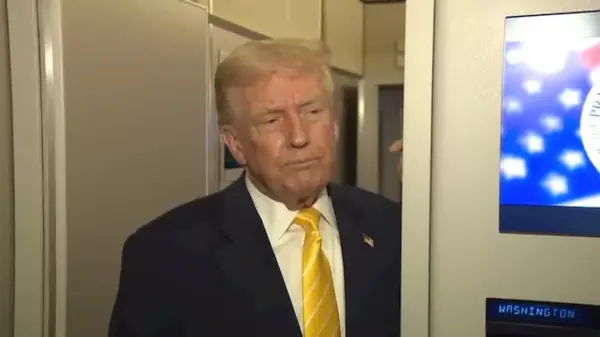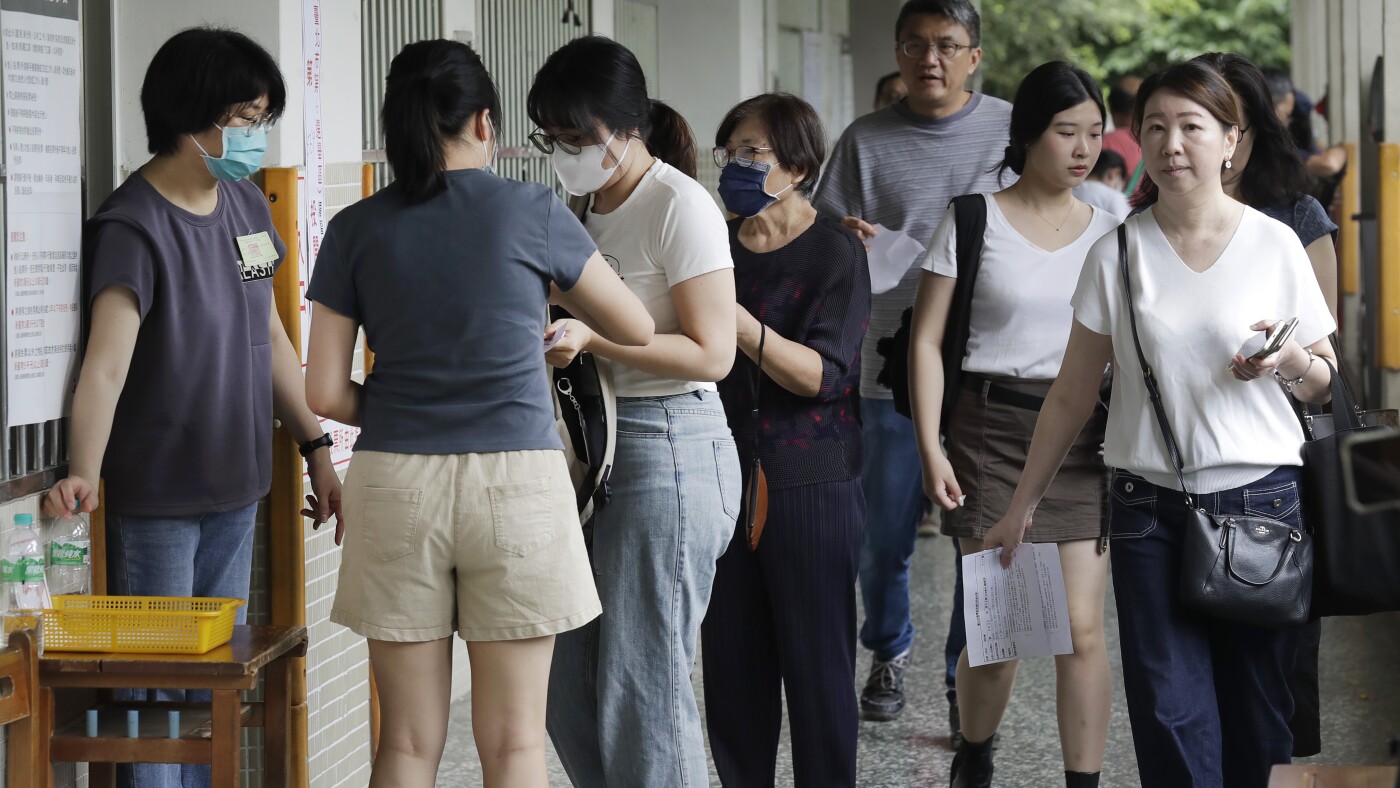On Saturday, Taiwanese voters participated in significant recall elections aimed at ousting approximately one-fifth of their lawmakers from the opposition Nationalist Party (KMT). This electoral decision could drastically alter the balance of power in Taiwan’s legislature, which has become increasingly contentious following last year’s presidential election. The ruling Democratic Progressive Party (DPP) secured victory in that election, yet the KMT and the smaller Taiwan People’s Party currently possess enough seats to form a majority bloc.
Supporters of the recall campaign are frustrated with the KMT and its allies, accusing them of obstructing crucial legislation, particularly the defense budget. They also contend that recent controversial actions by opposition parties have undermined executive authority and favored China’s interests, raising concerns about Taiwan’s democratic integrity and its capacity to respond to military threats from Beijing.
Unprecedented Scale of Recall Elections
The scale of these recall elections is unprecedented in Taiwan’s political history. In addition to the current vote, another seven KMT lawmakers are scheduled for similar recall elections on August 23, 2023. The KMT has defended its position, alleging that the DPP is engaging in political retaliation following its loss of the legislative majority. They argue that the recalls threaten the democratic framework of the island.
Currently, the KMT holds 52 seats in the legislature, while the DPP has 51 seats. For the DPP to achieve a legislative majority, a minimum of six KMT lawmakers need to be removed from office. If successful, the DPP would also need to win all by-elections that must occur within three months following the announcement of the recall results.
To pass the recall, more than a quarter of eligible voters in the respective electoral district must participate, and the total number of votes in favor of the recall must exceed those against it. If the KMT loses seats in these elections, the party can nominate new candidates for the subsequent by-elections, creating an opportunity to reclaim lost positions.
Voter Sentiment and Political Tensions
Outside polling stations in Taipei, voters of various ages lined up to cast their ballots as the polls prepared to close at 16:00 local time. The results of the elections are expected to be released on the same evening, intensifying the ongoing debates between those advocating for the status quo and those seeking warmer ties with Beijing.
Critics of the KMT accuse the party’s China-friendly politicians of jeopardizing Taiwan’s autonomy, particularly in light of their meetings with officials from mainland China. In contrast, KMT representatives assert that these connections are essential for fostering dialogue, especially given the DPP’s unwillingness to engage with Beijing.
In a statement regarding the recall elections, Zhu Fenglian, spokesperson for China’s Taiwan Affairs Office, claimed that the administration of President Lai Ching-te has pursued “one-party dominance” and “dictatorship” disguised as democracy. Her comments were reported by state broadcaster CCTV in June, alleging that Lai’s government has taken measures to suppress opposition parties and those supportive of cross-strait relations.
On the other hand, Taiwan’s Mainland Affairs Council highlighted attempts by Chinese authorities and state media to interfere with the electoral process, emphasizing the ongoing tensions surrounding Taiwan’s political landscape.




































































